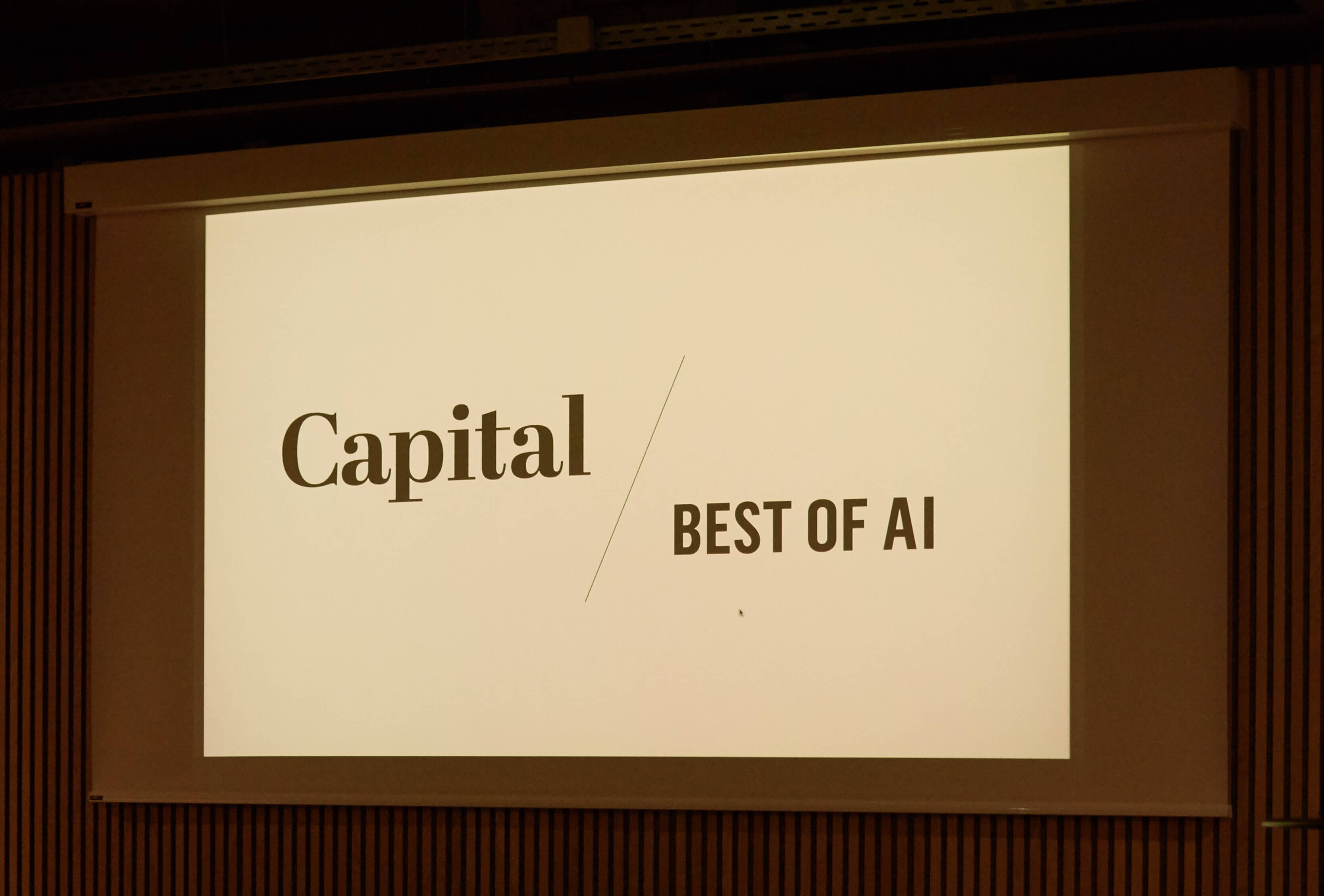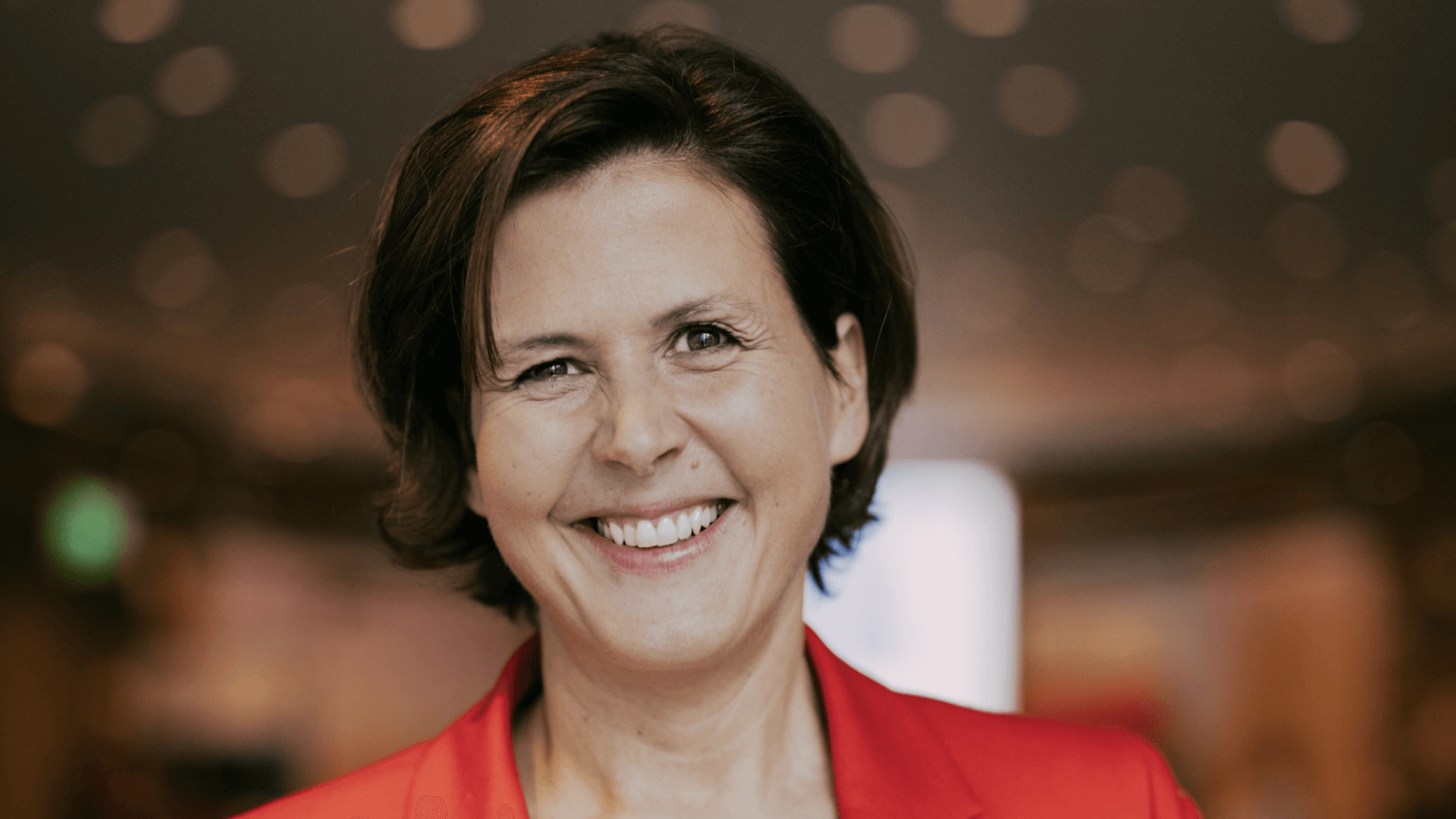Rosmarie Steininger, founder and CEO of CHEMISTREE, talks with Markus Trost about her journey as an AI pioneer, the importance of ethical responsibility in recruiting and leadership, and her vision for leadership in the age of AI. She also reflects on the impact of the Capital Best of AI Awards and what the recognition has meant for her and her company.
Your career in the field of artificial intelligence is impressive. What was the pivotal moment that led you to pursue this path as a leader? And when was the moment you deeply regretted it?
I began my career as a systems analyst at BMW more than 20 years ago, so algorithms have been my friends from the very start. When I founded CHEMISTREE eight years ago, it was clear to me that our digital solutions should always go hand in hand with a strong sense of social responsibility. AI became a natural part of that journey in 2019, when the global debate on responsible use of AI gained momentum. And to this day, I haven’t really had reason to regret it.
Leading is always related to transformation and development. Could you please be so kind and describe the company from this perspective as an environment you are operating in? How did the company manage to make AI a strategic priority and a commercial success?
Starting a company is transformation in its purest form — and guiding it through Covid, multiple economic crises, and fast-moving technologies has only reinforced that. AI became a strategic priority for us in 2020, when we launched our first federal research program with the German Ministry of Labor, exploring the impact of AI on diversity and vice versa. The commercial success followed naturally as public attention around AI grew significantly from 2022 onward.
You have been recognized by Capital as one of the top AI leaders in the DACH region. In your opinion, what makes leadership in the field of Data & AI special, and what aspect are you particularly passionate about?
Leadership in Data & AI is unique because it comes with both enormous opportunities and profound responsibility. Especially in areas like recruiting, where decisions about people’s lives are made, AI must be used with great care. Ethically, we need to avoid algorithms that put people into boxes and risk discrimination.
Leadership in Data & AI is unique because it comes with both enormous opportunities and profound responsibility. Especially in areas like recruiting, where decisions about people’s lives are made, AI must be used with great care.
From a business perspective, excluding candidates for the wrong reasons is simply bad strategy — I want the best person for the job. And financially, while taking great care when developing AI may be costly, it is far less costly than lawsuits over unfair practices, as we already see happening.
For me, true leadership means rejecting the extremes — neither blindly surrendering to AI nor demonizing it. I believe in a third way: humans remain in control, using AI to enhance our creativity and efficiency, while keeping decisions about people transparent, fair, and accountable. That is also the principle guiding us at CHEMISTREE, where we make recruiting both more effective and more responsible in the age of AI.
For me, true leadership means rejecting the extremes — neither blindly surrendering to AI nor demonizing it. I believe in a third way: humans remain in control, using AI to enhance our creativity and efficiency, while keeping decisions about people transparent, fair, and accountable.
As a leader in such a dynamic field as AI, how do you inspire your stakeholders in top management and your team? And what strategic vision have you aligned them with?
At CHEMISTREE, people join because they believe in what the company stands for: uncovering hidden potential, helping individuals grow, and creating the right matches — whether that means the right people enriching each other or the right people finding the right roles. A human-centered and ethical approach is part of our DNA, while cutting-edge technology is what drives us forward. Inspiration comes naturally in this environment — I don’t need to push it.
Our strategic vision is clear: we are driving a paradigm shift in recruiting in the age of AI. That means ensuring that every person finds the role that fits them best, and every role is matched with the person who will thrive in it.
Our strategic vision is clear: we are driving a paradigm shift in recruiting in the age of AI. That means ensuring that every person finds the role that fits them best, and every role is matched with the person who will thrive in it.
How does the company master the challenge of implementing and scaling successful use cases? Can you please share an example?
At CHEMISTREE, we have been implementing online matching platforms for our clients for over eight years. Increasingly, these platforms include optional AI modules that clients can choose to use, allowing them to maintain full control. For example, in our job matching solutions, applicants create their individual profiles by answering questions. An AI module can then help them brainstorm competencies they may have, based on their experiences, which are in demand on the job market. This module is optional and can be switched on or off. This approach gives our clients and their stakeholders full control while providing access to cutting-edge technologies.
You have been successful in the AI field for quite some time. How will this technology change leadership? And how will your leadership specifically evolve over the next three years?
AI will change leadership because it shifts what employees do. Some tasks move toward oversight and monitoring, so people need to be in roles where they can truly excel. My job is to help them use AI to boost their skills and impact. New technologies also need to be tested quickly, giving teams space to experiment. For my own leadership, this means giving more freedom to try things, accepting uncertainty, and learning as we go."

As a successful participant in the first cohort of the “Best of AI-Awards", have you experienced positive effects from your participation?
Participating in the first cohort of the ‘Best of AI Awards’ had a positive impact on us. It helped with publicity, and the detailed, structured feedback on how we scored in each category showed us both our strengths and where we needed to improve.
Participating in the first cohort of the ‘Best of AI Award’ had a positive impact on us. The structured feedback showed us both our strengths and where we needed to improve — and working on that led to further recognition.
We took that feedback seriously, worked on it, and as a result, were recently recognized with additional awards.



